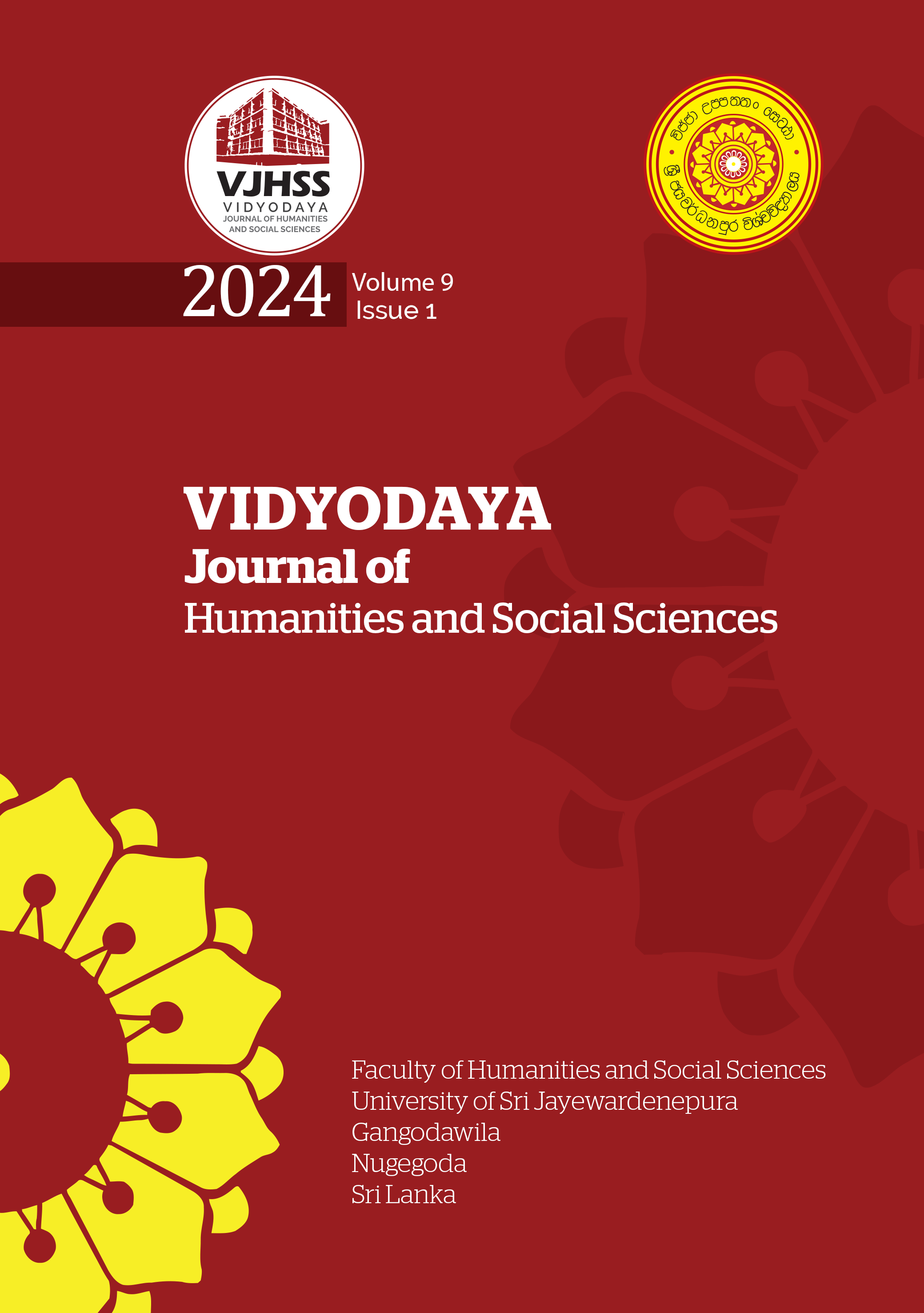Identification of Groundwater Potential Zones by using Satti’s Analysis Hierarchy and GIS Technology (with special reference to Kolugala Pahalagama GND)
Abstract
This study utilized Geographic Information Systems and Sati's Analyzing Hierarchy to identify and safeguard groundwater potential zones in the Kolugala Pahala Grama Niladhari division. In this study, a comprehensive analysis of the research area was facilitated by integrating primary data, which included the geographic coordinates of 50 sample wells, with secondary data encompassing digital, Contour data and geology data. According to the created groundwater potential zone map, the best groundwater potential zone is spread over 8 ha (9.64%), and a good groundwater potential zone is spread over 35 ha (42.17%) in the study area. Also, it is confirmed that there is a moderate groundwater potential zone in an area of 33 ha (39.76%) and a poor groundwater potential zone can be identified in 6 ha (7.23%). Through the research, it was concluded that the slope angle contributes more than the geology in the formation of groundwater potential zones and it was concluded that Geographic Information System is the most appropriate tool in assessing groundwater potential zones.



